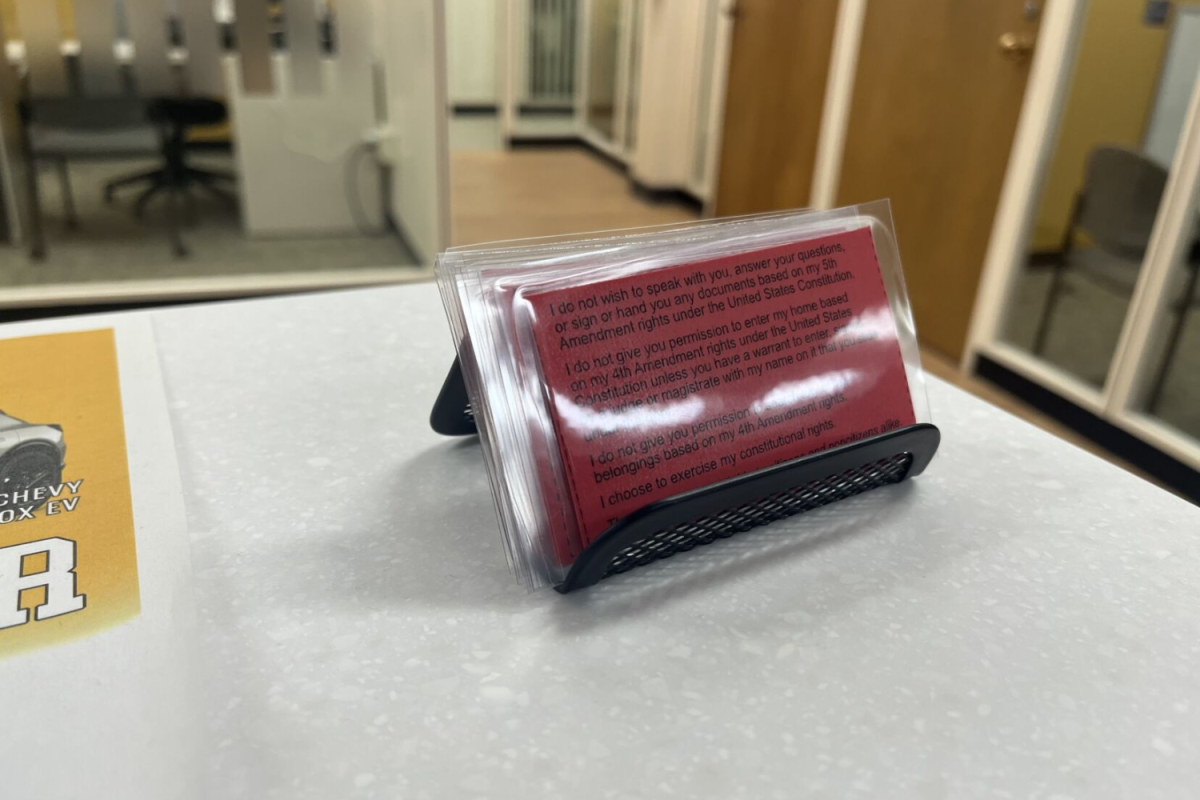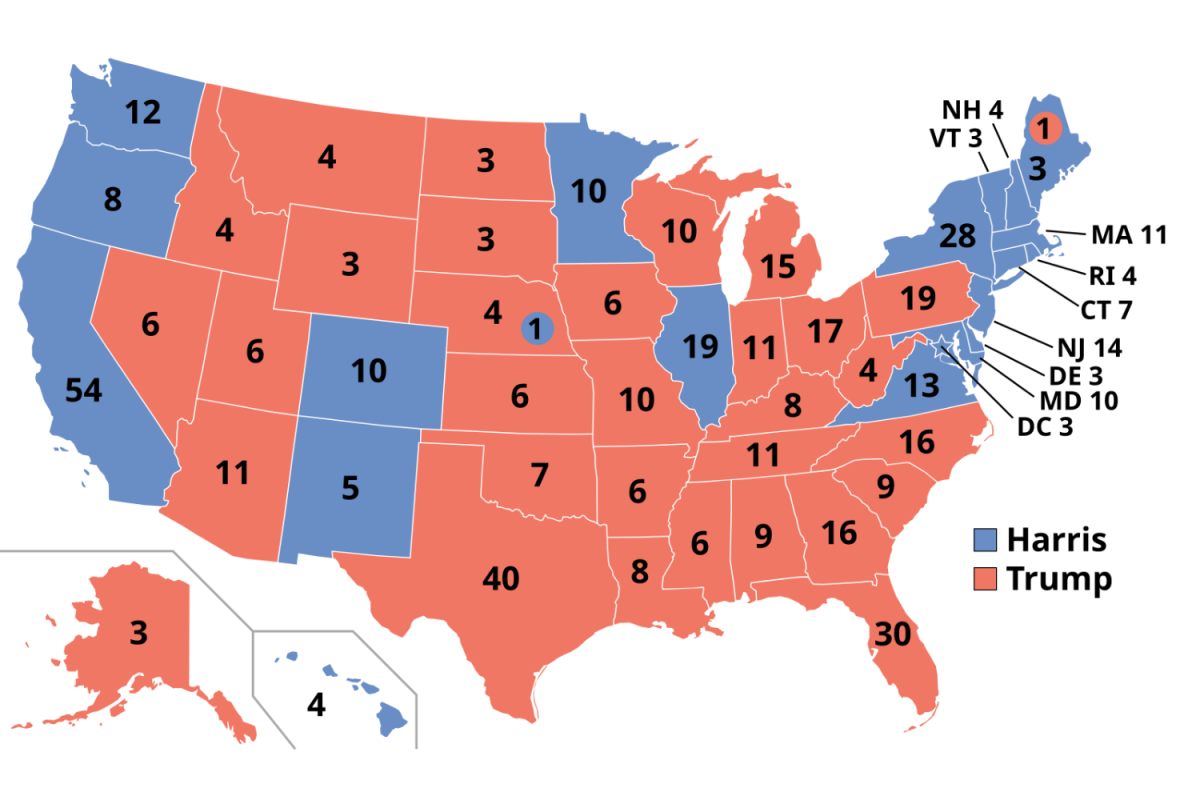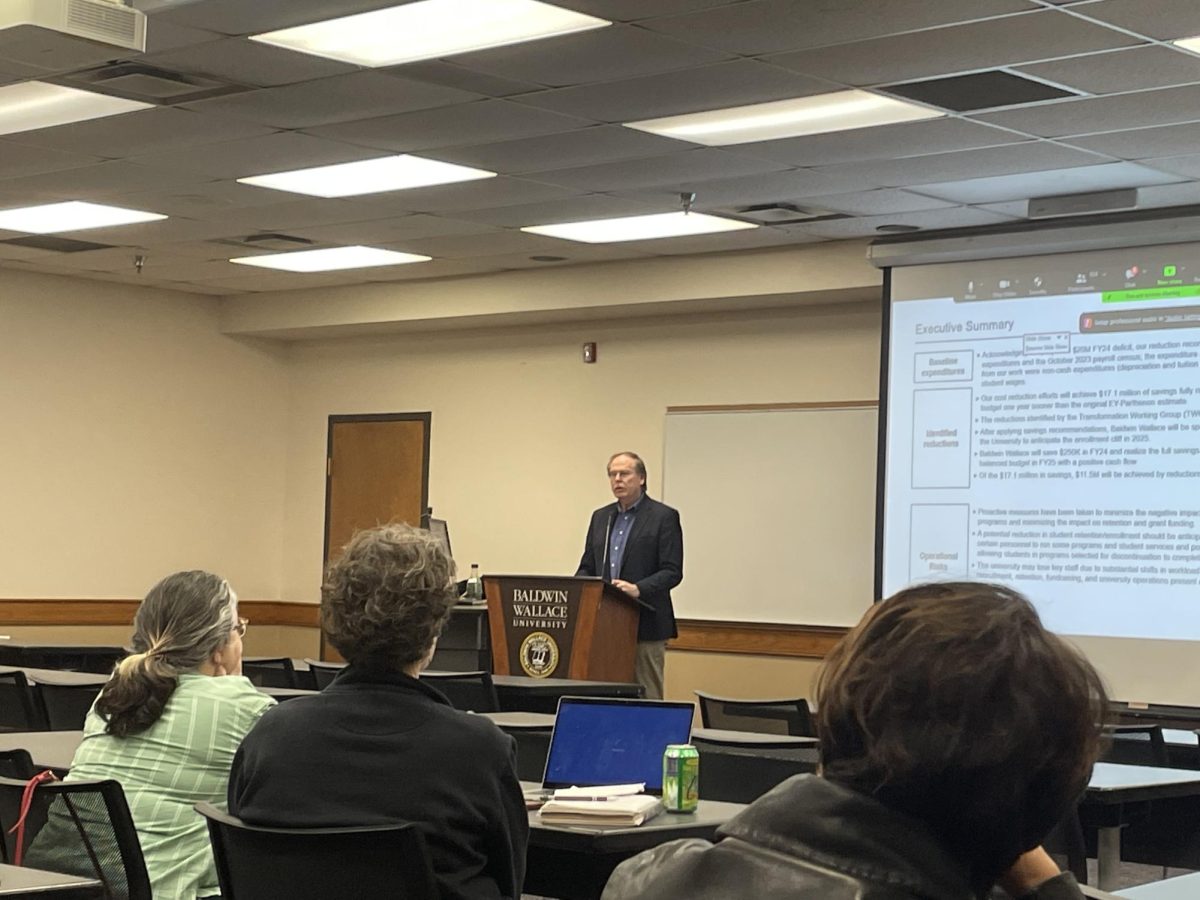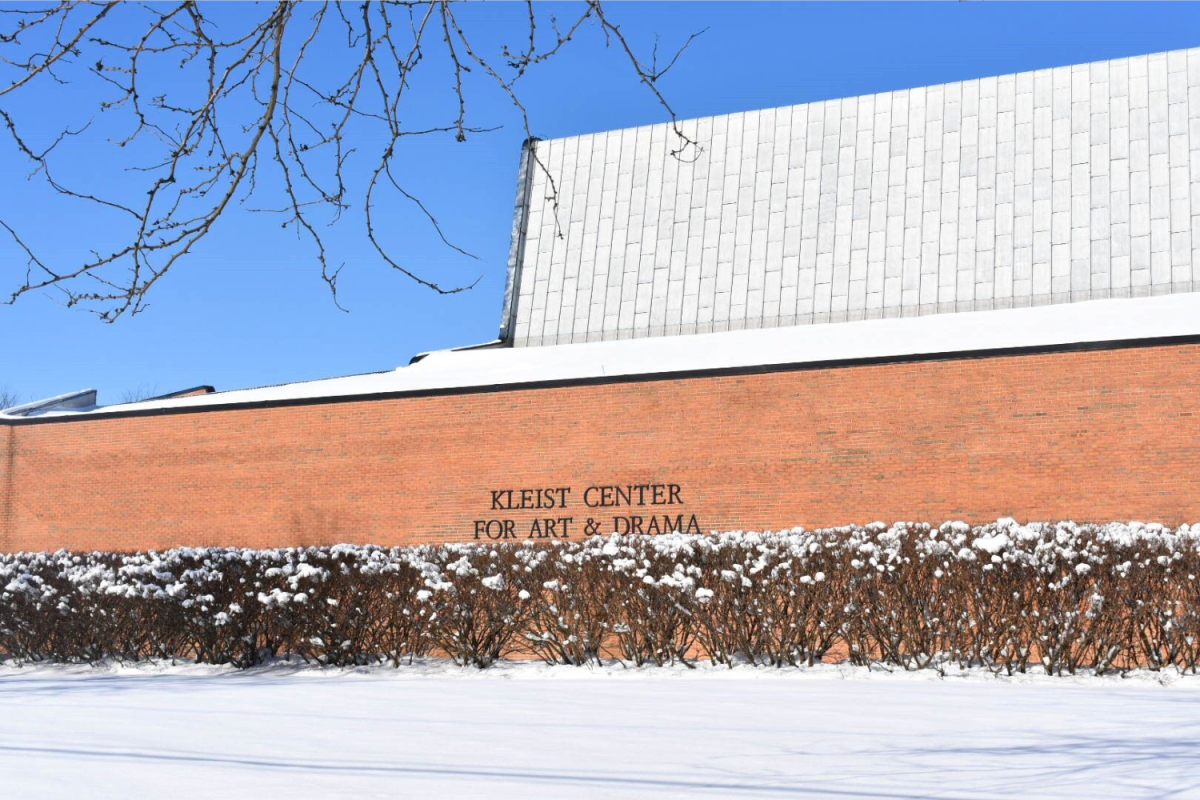It was announced on Friday that 79 percent of Baldwin Wallace University’s full-time teaching faculty voted in favor of the new Choose Your Competency core model that will be implemented for all incoming students in 2025 and will be open to current students who may wish to switch to the new curriculum.
The Choose Your Competency model focuses on seven foundational skills: effective communication, critical analysis, quantitative literacy, civic literacy, multicultural learning, scientific literacy and wellness.
Along with the foundational skills, the Choose Your Competency model has students choose three additional courses that push students toward “career competency” in an area of their choosing. The courses for the skills and other courses will all be already offered by BW.
The recent vote came between two models after they were narrowed down from the four original options voted on in November.
The other model was the ACTA model that focused on the foundational skills offered in the Choose Your Competency model, but also included economic understanding along with a few differences in the contents of the foundational skills.
The core models have been in the works since 2021 by Indira Geisnk, core director and professor of history, after the Strategic Planning Committee asked the faculty to revise the core model to be an “innovative student-centered core curriculum that is outcomes-focused.”
Both core models voted on Friday involve a reduction in the core size, and Gesink said that while the current model requires a minimum of 57 credits to complete, the new model could be completed in 31 credit hours.
“There’s a lot of students who are in high credit hour programs, so it’s going to make it a little bit easier for them to graduate in four years,” Gesink said. “But for the people who are in low credit hour majors, they’ll just have more freedom to explore classes that maybe they wanted to take but were never able to fit into their programs.”
Due to course requirements for many programs in the conservatory, Clint Needham, a professor in the Conservatory of music, said that many students could not fully participate in the core, which led him to favor the Choose Your Competency model.
“There’s a bit more flexibility with the ACTA model, and it was just very hard to envision how a Bachelor of music and music education, and even how the BFA could fully participate in an active core, so for all those reasons, we kinda collectively got behind the competency model.”
The Choose Your Competency model also involves higher savings potential than the ACTA model.
While Geisnk said she expects both models to equal the same savings potential of around $425,000, she said the Choose Your Competency model could reach $1.3 million in savings compared to around $900,000 for the ACTA model. This price difference is largely due to the fact that since the ACTA model requires an economics requirement, a new professor may have to be hired.
Gesink said she believes the saving potential influenced some people’s voting choices in the face of the budget deficit, which she said was the wrong reason to vote for one of the models.
“We really should be focused on creating the absolutely best core curriculum for the students, focusing on what outcomes we think the students should achieve,” Gesink said. “And instead, a lot of faculty I think are focused on the cheapest option which I think is wrong.”
Nonetheless, Matthew Ward, assistant professor of political science who teaches courses on Middle Eastern democracy, said he chose the Choose Your Competency model not based on cost but because the ACTA model is “very much U.S.-centric” in their approach to the Civic Engagement requirement.
“Without knowing what a healthy democracy looks like, holding political systems and officials accountable becomes ineffective,” Ward said. “Incorporating academic requirements that allow for the study of democratic practices and civic responsibility outside our own toxic political environment could spark a renewed interest in civic engagement.”
As the ACTA model follows an approved curriculum designed by the Association of College Trustees and Alumni, that model would have received an A rating, but it also would have meant that the curriculum focused more on U.S. history and politics.
“It’s a more traditional kind of approach,” Gesink said. “When they talk about democracy and civic literacy, they really think that you can only learn about democracy and civic engagement from U.S. contexts.”
As the Midwest is expected to face a drop in college enrollment in the coming years at a higher rate than the rest of the U.S., Gesink said the new core model could mitigate the size of the enrollment cliff.
The ACTA model would have allowed BW to market an A rating, but Gesink said she worked with current high school students to gauge opinions to make all the core models nationally unique and marketable.
“Most of our students come from about 300 miles around, so if we have a nationally unique curriculum, we might pull more students from other states,” Gesink said.
The core will be completed by March 1 to determine which courses will be offered under each foundational skill.
Leah Kania, sophomore vocal performance student and chair of the academic affairs committee, which sends representatives to faculty senate meetings, said that while they heard discussions about the new core, they placed their trust in the faculty to determine what was best for the students.
“The faculty has the students’ best interests at heart, and they’re doing what is best for the University, and this is a very challenging time for everyone,” Kania said.
Once the core is implemented, Gesink said she recommends that students speak to their advisors to determine if switching to the new core is the right course of action because switching to the new curriculum would mean that students would switch catalog years. If a student’s department of study has changed requirements for their major or minor during this time, they would be subject to those changes.






































